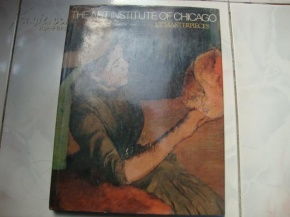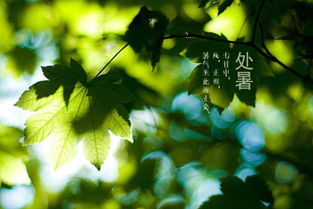Content:
Winter, often regarded as the season of hibernation, presents unique challenges for anglers looking to enjoy the tranquility of the water. Among the various fish species that are more active during this time, black fish, also known as black bass or largemouth bass, remain a popular target for anglers. However, catching black fish in the winter requires a different set of strategies and techniques. Here, we delve into the essential tips and tricks for mastering the art of black fish fishing in winter.
Understanding Black Fish Behavior in Winter
Black fish are known for their adaptability, but their behavior changes significantly during the colder months. In winter, these fish tend to seek out warmer water, which can be found in deeper areas of lakes, rivers, and reservoirs. Understanding their habits is the first step in developing an effective winter fishing strategy.
Targeting Warm Water: Black fish in winter are more likely to be found in areas where the water temperature is above 50°F (10°C). Look for deep water structures such as ledges, drop-offs, and submerged logs, as these spots often hold the warmest water.
Early Morning and Late Evening: During winter, black fish are less active, so it's crucial to fish during the warmer parts of the day. Early morning and late evening are typically the best times to catch them, as these periods offer the most opportunities for warmer water temperatures.
Understanding Water Temperature: Use a fishfinder or a water thermometer to monitor water temperatures. Targeting areas where the water temperature is within the optimal range for black fish is key to successful fishing.

Choosing the Right Equipment
The right equipment can make a significant difference in your winter black fish fishing experience. Here are some essential tools to consider:
Rod and Reel: A medium-heavy action rod with a fast tip is ideal for handling the power of a black fish. A spinning reel with a good drag system is recommended, as it allows for smooth retrieves and provides resistance against the fish's pull.
Line: Use monofilament line with a lower breaking strength in the winter. A line that is too strong can be too stiff and may not allow for the necessary finesse when presenting lures.
Lures: In winter, black fish are less likely to chase down a lure, so slower and more subtle presentations are key. Soft plastics, such as jerkbaits, swimbaits, and creature baits, are effective choices. Additionally, jigs and spoons can also be productive, especially when worked slowly or presented in the right spots.
Fishing Techniques for Winter Black Fish
Once you have the right equipment and a good understanding of the fish's behavior, here are some fishing techniques to help you catch black fish in winter:
Slow and Steady: In winter, black fish are less likely to react to fast or erratic movements. Present your lures slowly and allow them to sink to the bottom before retrieving them. The slower the retrieve, the better the chances of triggering a strike.
Jerk and Pause: When using soft plastics, a good technique is to make a series of short jerks followed by pauses. The pauses give the fish time to investigate the lure and can trigger a strike.
Bottom Bouncing: For jigs and spoons, a bottom bouncing technique can be effective. Let the lure sink to the bottom, then bounce it off the bottom for a few seconds before retrieving it.
Vertical Jigging: In deeper water, vertical jigging can be a productive technique. Drop your lure to the desired depth and then pull it up and down, imitating a struggling prey.
Adjusting for Weather Conditions: Winter weather can be unpredictable, so it's important to adjust your tactics accordingly. Windy conditions may require heavier lures, while calm days may allow for lighter presentations.
Conclusion
Catching black fish in the winter requires patience, perseverance, and a deep understanding of the fish's behavior and the environment. By utilizing the right equipment, adopting effective techniques, and staying alert to changing conditions, you can increase your chances of success. Remember, the key to winter black fish fishing is to fish slow and be patient, as these fish are more likely to strike during warmer periods of the day. With the right approach, you can enjoy the tranquility of winter fishing while reeling in some impressive black fish.












